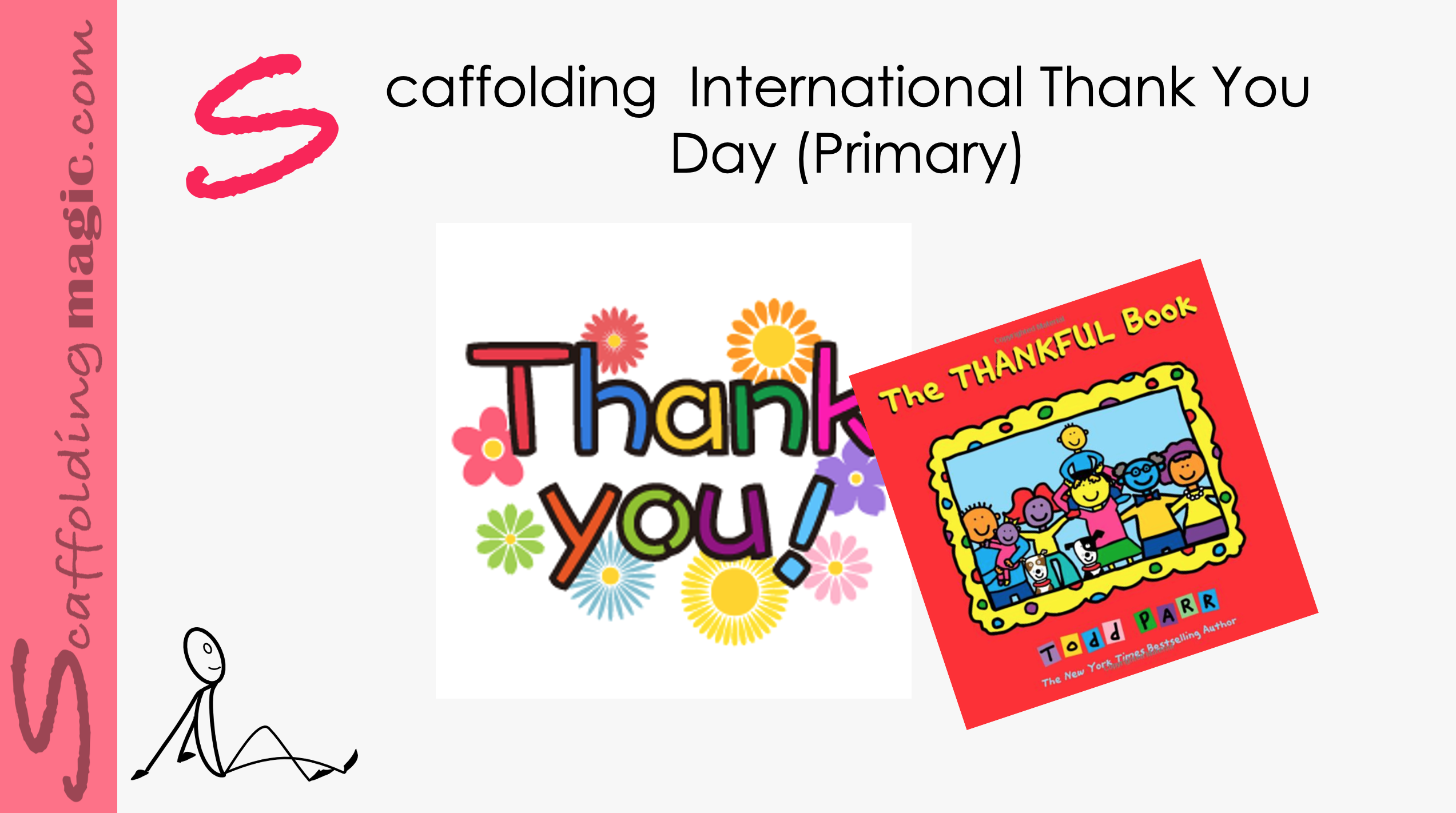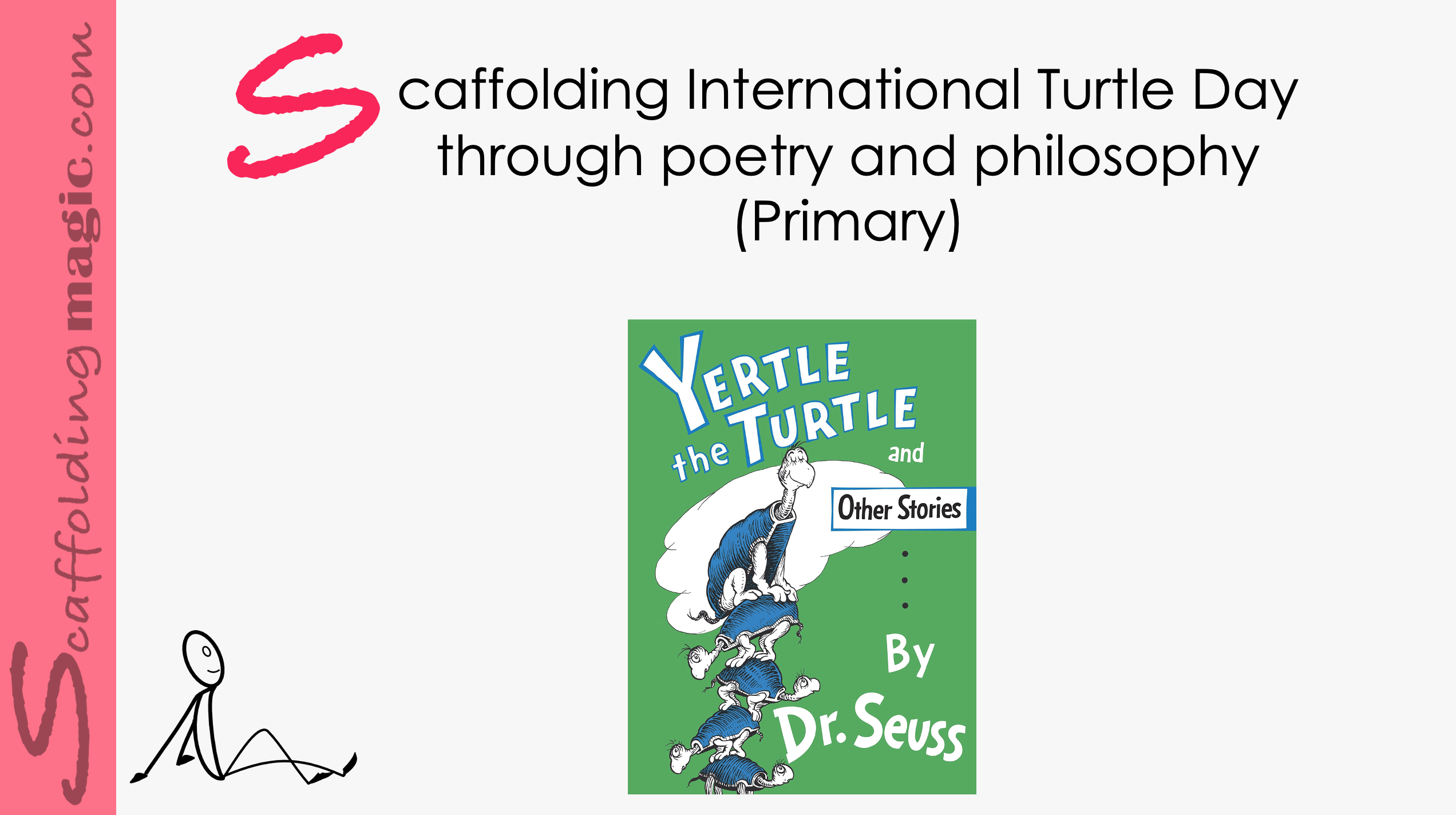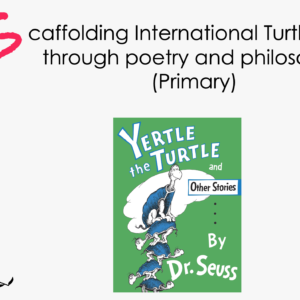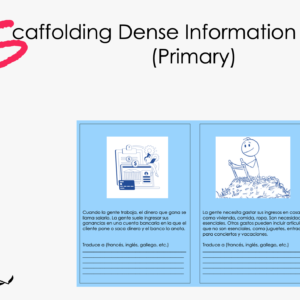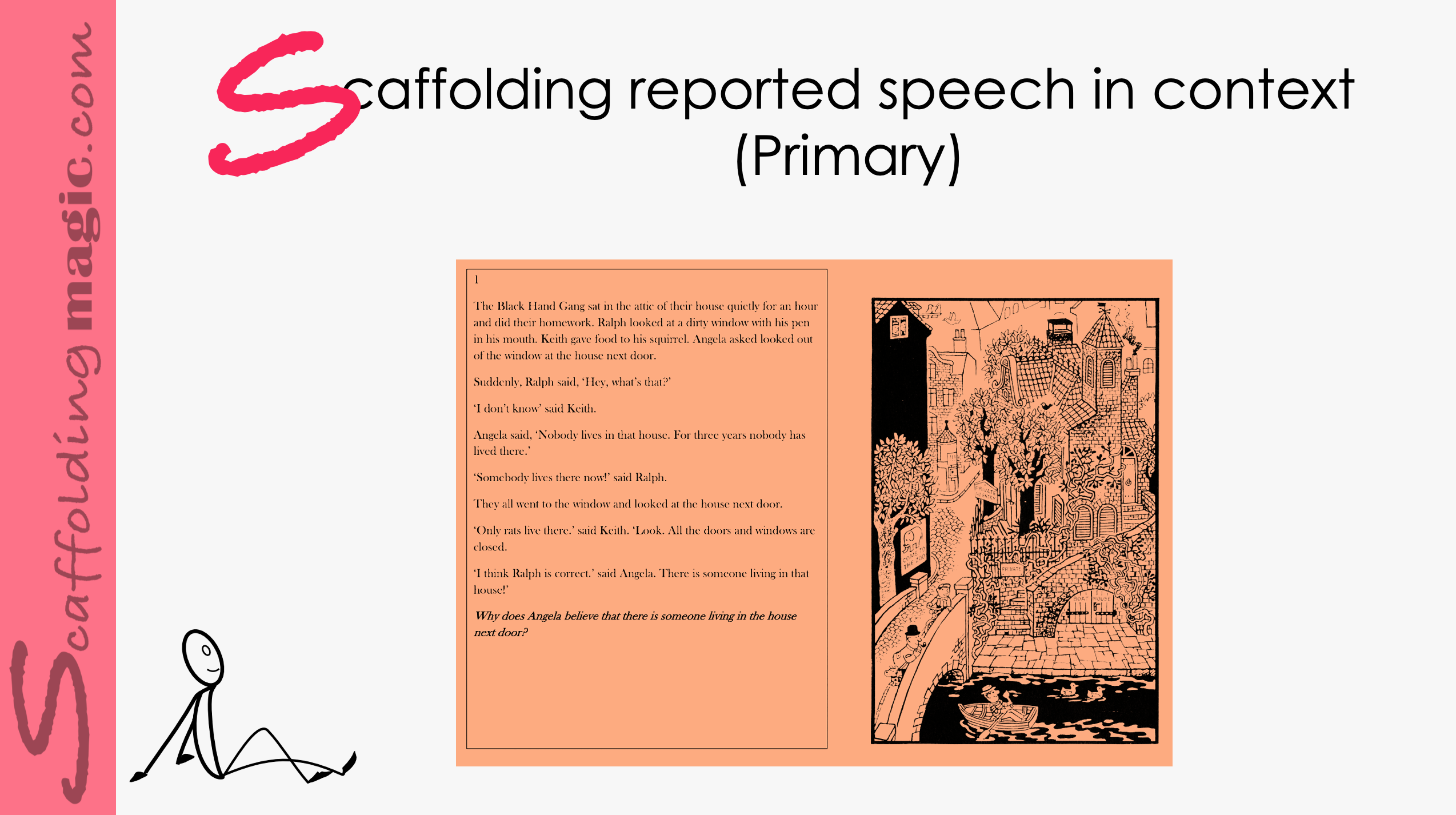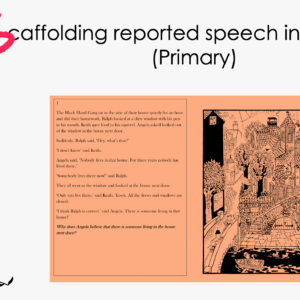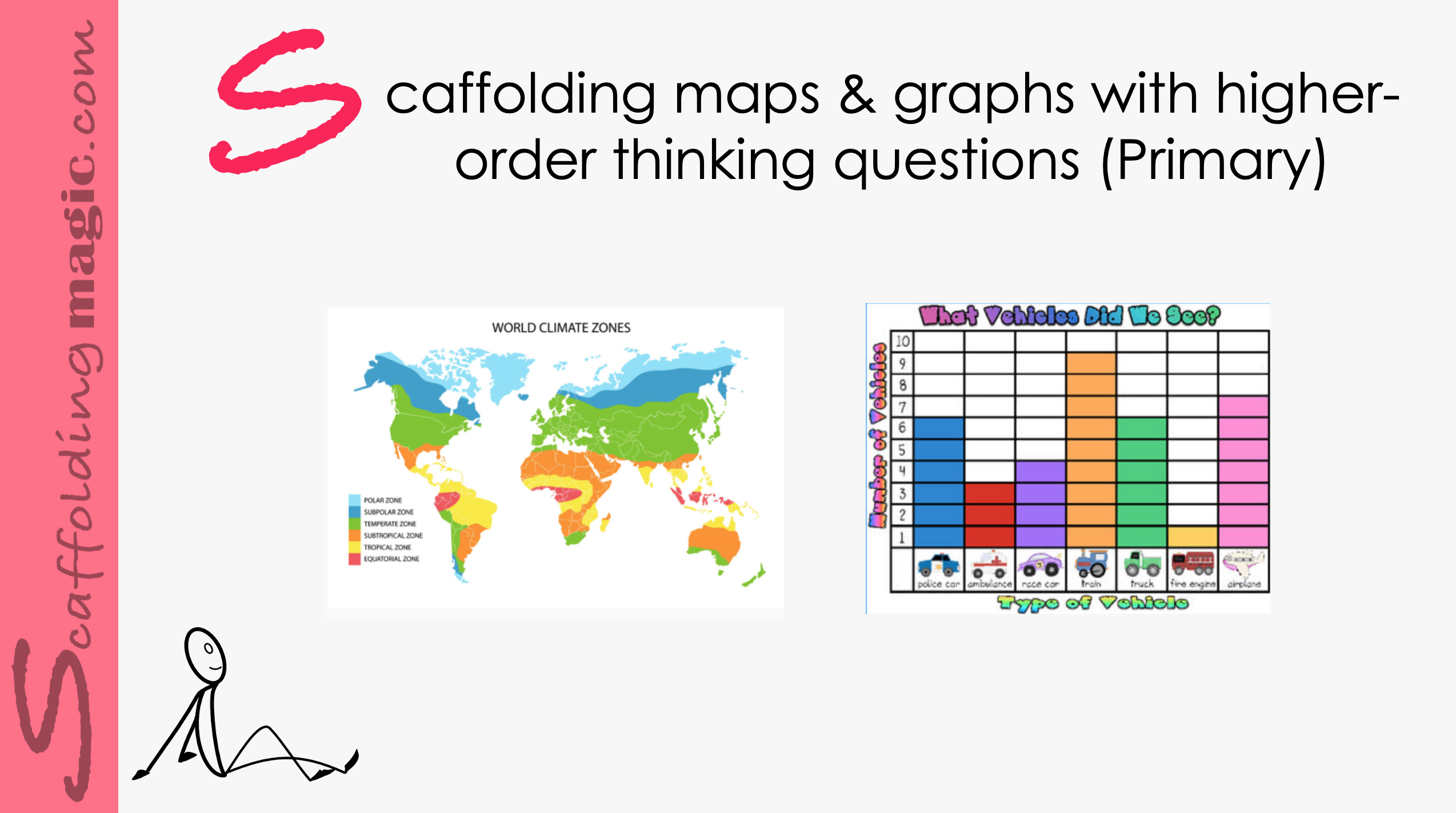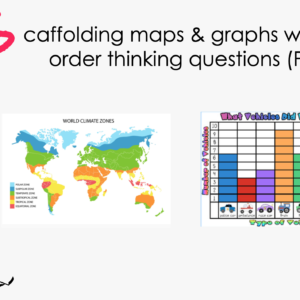The International Thank You Day – celebrated by many on January 11th, others on June 11th – is a wonderful opportunity to help our students to focus on gratitude and add to positive forces in the world. Including gratitude in the educational environments is proven to improve relationships both in and outside of the classroom. Stressing affective factors in our lessons aligns us Vygotsky’s assertion (1978) that our students are more likely to step outside their comfort zone (ZPD) when they feel that they are supported and nurtured.
Scaffolding International Thank You Day (Primary)
$5.00
The International Thank You Day – celebrated by many on January 11th, others on June 11th – is a wonderful opportunity to help our students to focus on gratitude and add to positive forces in the world. Including gratitude in the educational environments is proven to improve relationships both in and outside of the classroom. Stressing affective factors in our lessons aligns us Vygotsky’s assertion (1978) that our students are more likely to step outside their comfort zone (ZPD) when they feel that they are supported and nurtured.
Related products
- a children’s book writer…
- a poet…
- a poet…
- a children’s book writer…
- a poet…
-
Primary ScaffoldsQuick View
Scaffolding International Turtle Day through Poetry and Philosophy (Primary)
$5.00 Add to cartRated 0 out of 5 -
Primary ScaffoldsQuick View
Scaffolding Dense information with Art (Primary)
$5.00 Add to cartRated 0 out of 5 -
Primary ScaffoldsQuick View
Scaffolding Reported Speech in Context (Primary)
$5.00 Add to cartRated 0 out of 5 -
Primary ScaffoldsQuick View
Scaffolding Maps and Graphs with Higher-Order Level Questions (Primary)
$5.00 Add to cartRated 0 out of 5
Scaffolding International Turtle Day through Poetry and Philosophy (Primary)
Seriously? A children’s book about turtles is philosophical? Oh yes it is! Theodor Seuss Geisel (Dr. Seuss), was not just a writer of children’s books, but a profound philosopher, a poet, a political advocate (sometimes controversial), and a promoter of critical thinking on all levels.
Scaffolding Dense information with Art (Primary)
This scaffold gives students the opportunity to interact with material through linguistics and visuals. As in the best-planned activities, we also include specific language outcomes. Too often we focus only on content, but being specific about the language structure, grammar and clarity of meaning ahead of time, students feel more supported and are therefore more able to confidently participate. The examples used in this activity come from a Natural Science class on energy. You’ll see how easy it is to adapt it to your lesson.
This scaffold gives students the opportunity to interact with material through linguistics and visuals. As in the best-planned activities, we also include specific language outcomes. Too often we focus only on content, but being specific about the language structure, grammar and clarity of meaning ahead of time, students feel more supported and are therefore more able to confidently participate. The examples used in this activity come from a Natural Science class on energy. You’ll see how easy it is to adapt it to your lesson.
Scaffolding Reported Speech in Context (Primary)
Scaffolds that offer opportunities for verbal interactions compensate for this lack. They help students to strengthen, build and diversify language as well as to use skills they might not develop by themselves.
Scaffolds that offer opportunities for verbal interactions compensate for this lack. They help students to strengthen, build and diversify language as well as to use skills they might not develop by themselves.
Scaffolding Maps and Graphs with Higher-Order Level Questions (Primary)
Higher-order level questions – those that elicit deeper thinking – help students to stretch their thinking and engage their curiosity, their reasoning ability, their creativity, and independence. These questions encourage students to open their minds, they offer opportunities to produce original thinking. A well-structured question sparks perspectives that might not have at first occurred to us; they encourage us to look at the issue from different perspectives. Higher-order level questions inspire fresh and sometimes even startling insights and ideas, they open roads for wider perspectives of the issue, and enable teachers and students to work together in constructing understanding. If we use effective questioning skills in the educational environment, we help our students to be more effective thinkers now and in the future.*
Higher-order level questions – those that elicit deeper thinking – help students to stretch their thinking and engage their curiosity, their reasoning ability, their creativity, and independence. These questions encourage students to open their minds, they offer opportunities to produce original thinking. A well-structured question sparks perspectives that might not have at first occurred to us; they encourage us to look at the issue from different perspectives. Higher-order level questions inspire fresh and sometimes even startling insights and ideas, they open roads for wider perspectives of the issue, and enable teachers and students to work together in constructing understanding. If we use effective questioning skills in the educational environment, we help our students to be more effective thinkers now and in the future.*

